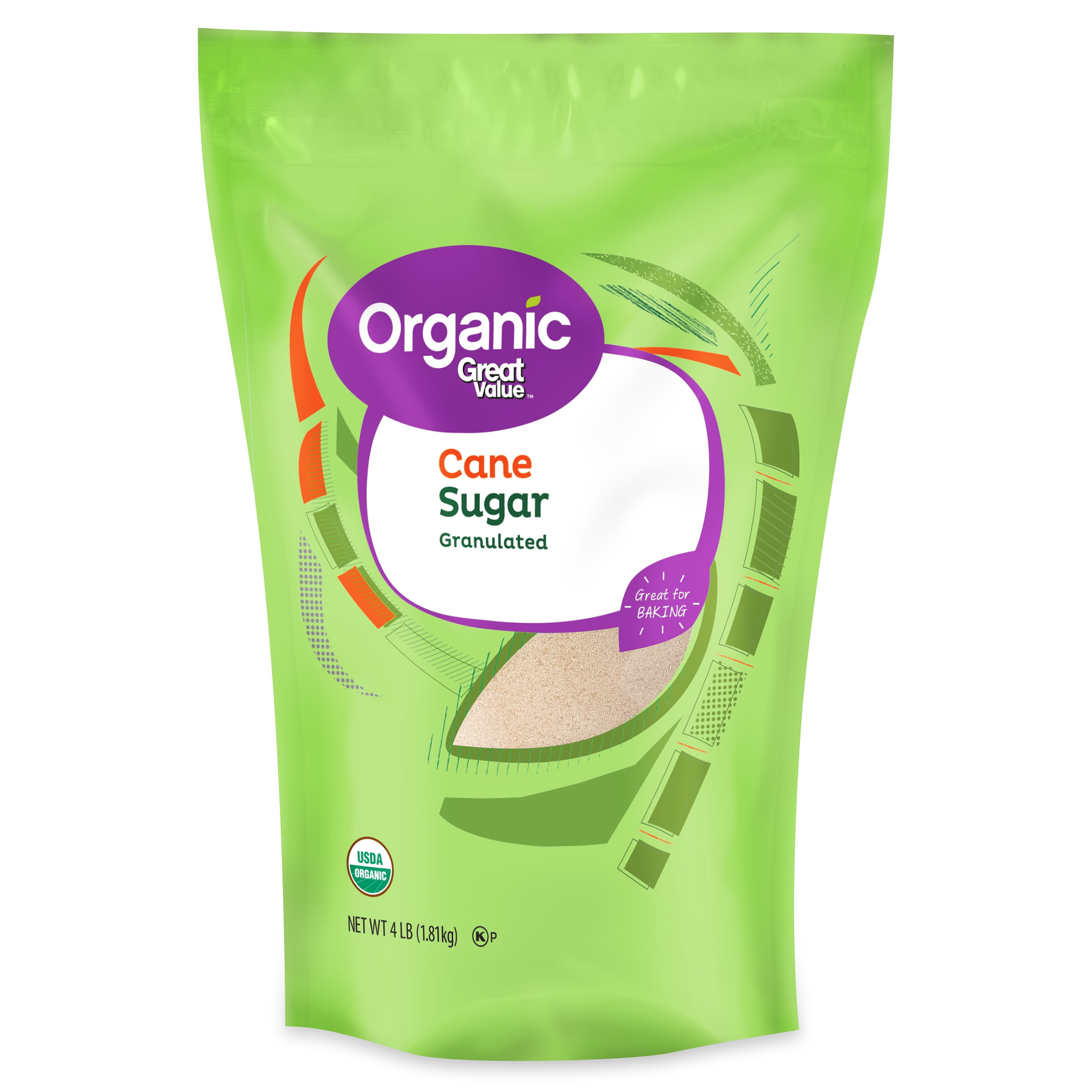Understanding Cane Sugar Processing: A Comprehensive Overview of the Stages
Understanding Cane Sugar Processing: A Comprehensive Overview of the Stages
Blog Article
A Detailed Introduction of the Health And Wellness and Economic Effects of Walking Stick Sugar Handling on Regional Communities
Walking cane sugar handling plays an essential role in shaping the financial landscape of neighborhood areas, offering employment opportunities and promoting secondary sectors. The health and wellness implications linked with high sugar consumption can not be neglected, as they add to increasing rates of weight problems and diabetes mellitus.
Financial Advantages of Cane Sugar Processing
Walking cane sugar processing uses substantial financial benefits that extend beyond the immediate farming sector. The growing and processing of sugarcane create many job chances, from farming to production and circulation. This employment generation not only sustains neighborhood economic situations yet also promotes area development by providing stable revenue resources for families.
In addition, the sugar market stimulates supplementary organizations, consisting of transport, tools supply, and product packaging services (Cane Sugar Processing). As these industries expand, they add to a more durable financial structure, enhancing general area strength. The export possibility of processed walking stick sugar even more magnifies economic advantages, placing areas as competitive players in worldwide markets
Financial investment in contemporary handling facilities can result in increased productivity and effectiveness, thus reducing waste and enhancing resource usage. This shift not only benefits the neighborhood economic climate yet additionally supports sustainability initiatives by reducing environmental impacts.
Moreover, the income created from walking cane sugar processing can be reinvested in local facilities, education, and healthcare, advertising all natural area development. In general, the financial advantages of walking stick sugar handling are diverse, offering a foundation for withstanding prosperity in farming regions.
Health And Wellness Threats Related To Sugar Consumption
Excessive sugar usage positions significant health and wellness dangers that necessitate serious interest. High intake of included sugars, especially from refined drinks and foods, has actually been linked to various health issues.
In addition, high sugar consumption is connected with heart disease. Raised blood sugar level degrees can cause insulin resistance, a precursor to numerous heart-related problems. Furthermore, sugar can have detrimental results on oral health, causing dental caries and gum condition, as bacteria in the mouth thrive on sugar, producing acids that wear down tooth enamel.
Furthermore, arising research recommends a prospective link between high sugar consumption and psychological health conditions, such as clinical depression and stress and anxiety. As communities come to grips with these health risks, it becomes vital to advertise understanding and motivate healthier nutritional selections. Resolving sugar usage is essential not just for individual health yet likewise for the overall wellness of regional communities, highlighting the requirement for extensive public health and wellness strategies.
Ecological Impacts of Sugar Manufacturing
Frequently ignored in conversations about sugar's effects is the considerable environmental influence of sugar manufacturing. The cultivation of sugarcane typically requires extensive land use, resulting in logging, loss of biodiversity, and disruption of local ecological communities. The conversion of woodlands and marshes right into sugar vineyards can lead to habitat devastation, harmful countless types and modifying eco-friendly equilibrium.
Furthermore, sugar production is resource-intensive, consuming significant quantities of water for irrigation. This can bring about deficiency of local water resources, negatively influencing both farming methods and area access to clean water. Additionally, the use of chemical plant foods and chemicals in sugarcane farming can add to dirt degradation and water air pollution, as drainage from these chemicals goes into neighboring rivers and lakes, influencing water life and human health and wellness.
The ecological impact reaches the handling phase, where power usage and waste generation more intensify eco-friendly concerns. Air contamination from shedding sugarcane areas, together with greenhouse gas discharges, add to climate modification. Therefore, the ecological ramifications of sugar manufacturing warrant severe consideration, urging stakeholders to adopt more sustainable techniques to additional resources alleviate these adverse results on neighborhood communities and areas.
Job Creation and Neighborhood Growth
The environmental challenges presented by sugar production are frequently reversed by its capacity for economic benefits, particularly in work creation and community development. The walking cane sugar industry works as a substantial source of employment in many country locations, giving work across various skill levels, from agricultural labor to processing and distribution functions. This work not only sustains specific families however also adds to the general economic vitality of local areas.
Moreover, the facility of sugar handling centers promotes supplementary services, such as transport services, tools supply, and maintenance suppliers. As these services flourish, they produce added jobs and boost local economic situations. The revenue produced from the sugar industry likewise brings about boosted tax obligation earnings, which can be reinvested into neighborhood services such as education and learning, infrastructure, and health care growth.
Additionally, the sugar market often engages in neighborhood advancement initiatives, such as sustaining local schools and health and wellness programs, therefore enhancing the lifestyle for residents. By promoting strong community ties and promoting economic development, the walking stick sugar processing field plays an essential duty in uplifting local populations, making it an important element of sustainable development strategies in sugar-producing areas.
Balancing Health and Economic Growth
In browsing the intricacies of cane sugar handling, an essential difficulty hinges on stabilizing health and wellness factors to consider with economic development. The sugar market substantially contributes to regional economic situations by generating jobs, boosting related fields, and boosting tax incomes. Nonetheless, the wellness ramifications related to too much sugar usage can cause chronic conditions such as weight problems, diabetes mellitus, and cardiovascular problems, which can problem public health and wellness systems and diminish labor force performance.

In addition, regulative frameworks can play a critical function in leading market practices towards even more lasting and health-conscious strategies. By promoting partnership in between federal government bodies, health and wellness companies, and the sugar sector, neighborhoods can navigate the duality of health and wellness and financial growth, guaranteeing that the benefits of walking cane sugar handling are equitably shared while focusing on public health.
Conclusion
To conclude, the handling of cane sugar presents both considerable economic benefits and significant wellness threats for neighborhood communities. While it cultivates task creation and boosts regional development, the involved health issues, specifically pertaining to obesity and diabetes mellitus, demand a careful harmonizing act. By advertising responsible intake and investing in area education and lasting practices, it is feasible to take full advantage of economic advantages while decreasing unfavorable wellness effects, therefore guaranteeing a much healthier future for neighborhood populations.
In addition, sugar can have detrimental effects on oral health, resulting in dental caries and periodontal illness, as bacteria in the mouth thrive on sugar, producing acids that wear down tooth enamel.
Attending to sugar usage is vital not only for specific health yet likewise for the total wellness of local areas, highlighting the demand for detailed public health methods.
Regularly ignored in conversations regarding sugar's ramifications is the significant ecological impact of sugar production. The health and wellness implications connected with excessive sugar consumption can lead to persistent illness such as obesity, diabetes, and cardiovascular concerns, which can concern public health and wellness systems and decrease workforce performance.

Report this page